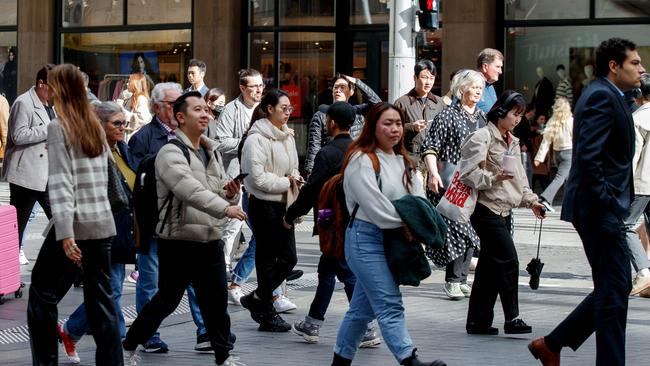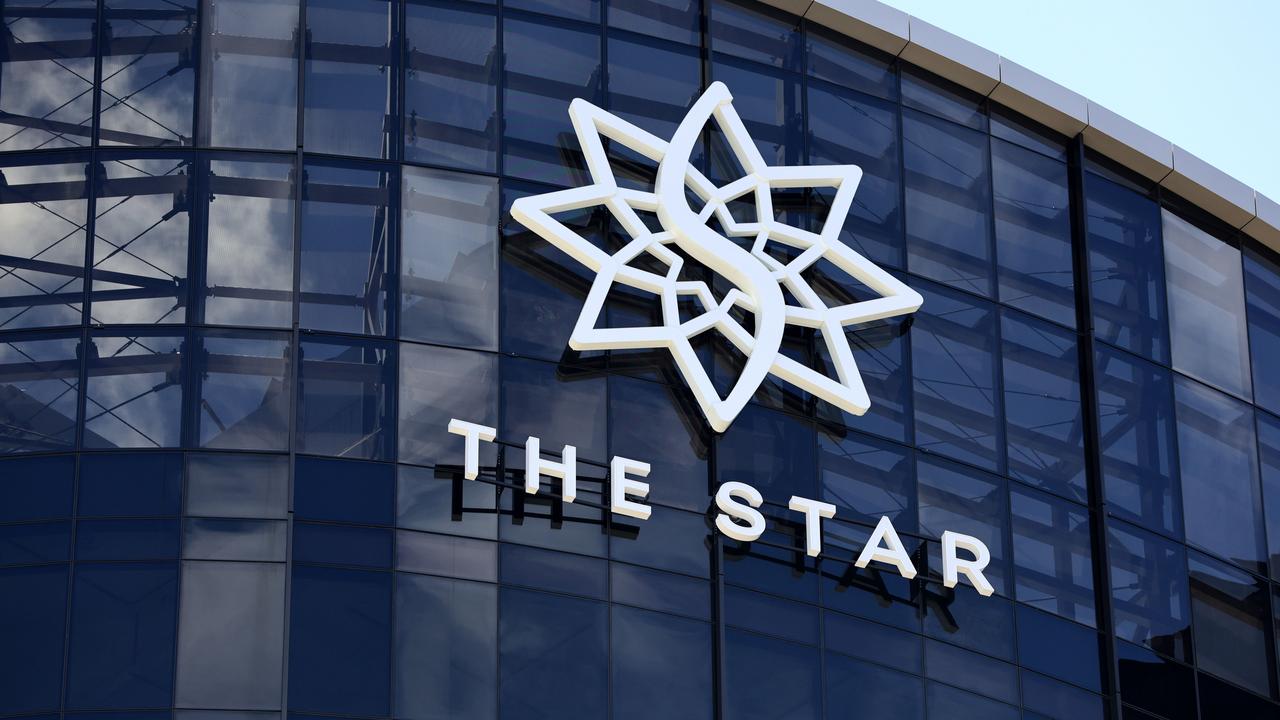ASX 200 rises before RBA decision; CBA hits intraday high; Fortescue, Beach down
RBA leaves rates on hold. Eagers Automotive director ends hiatus. City Chic halts as Blundy interest grows. Beach targets more cuts. CBA hits intraday high after Regal's short reveal. Fortescue block trade weighs.

Welcome to the Trading Day blog for Tuesday, June 18. The ASX 200 index closed 1 per cent higher at 7778.10 points, with all sectors in the green. The RBA announced it would hold interest rates steady.
The Aussie dollar is trading around US66.22c at 4.15pm AEST after the RBA's decision.
More Coverage
Join the conversation




To join the conversation, please log in. Don't have an account? Register
Join the conversation, you are commenting as Logout